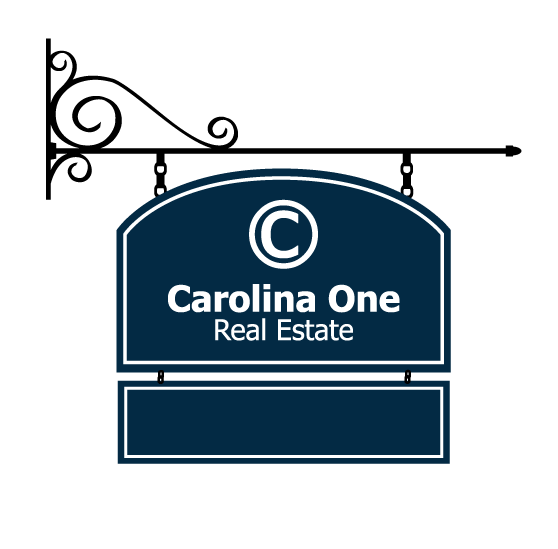Buying the Less Expensive Home in a Neighborhood
When you’re looking at homes to buy in Charleston, SC, be sure to keep in mind the basic real estate principles of progression and regression. In a nutshell, these principles state that it is better to buy a lower priced home in a neighborhood of varying real estate prices in Charleston or in any other real estate market.
In a neighborhood where home prices vary, the lower priced homes will increase in value because of the higher priced homes. The more expensive homes raise the property value of the less expensive homes. This idea is called the principle of progression.
On the other hand, the more expensive homes “go down in value” because of the less expensive homes. These higher priced homes will not literally depreciate in value because of the other homes. After all, real estate almost always goes up steadily in price. The more expensive homes in the neighborhood will still appreciate, but their prices will not go up at the same rate as if the homes were separate from the others. This idea that lower priced homes bring down the value of higher priced ones is called the principle of regression.
These real estate principles deal mostly with different home prices, but the same is usually true when comparing neighborhoods with different home types. Home types and home prices are often correlated. For example, single family homes are typically more expensive than town homes in Charleston and in most other markets. If you are considering buying a condo or a townhouse, you may want to consider neighborhoods that also have single family homes. According to the principle of progression, your townhouse or condo should appreciate at a greater rate because of the single family houses around it. The real estate principles of regression and progression are a good example of how a home’s surroundings can impact the home’s value.
After reading about progression and regression, you may wonder why builders even combine homes of different prices and styles when developing a neighborhood. Wouldn’t it better to just build a neighborhood with only single family houses (or condos) that cost approximately the same? No.
Other economic principles in real estate show that conformity can actually hurt property value. Home buyers do not like neighborhoods with houses that are all the same. These “cookie cutter” neighborhoods are not good for resale. But, also keep in mind that a neighborhood should not have two extremes of houses, either. Try to find a neighborhood with a reasonable degree of conformity.


